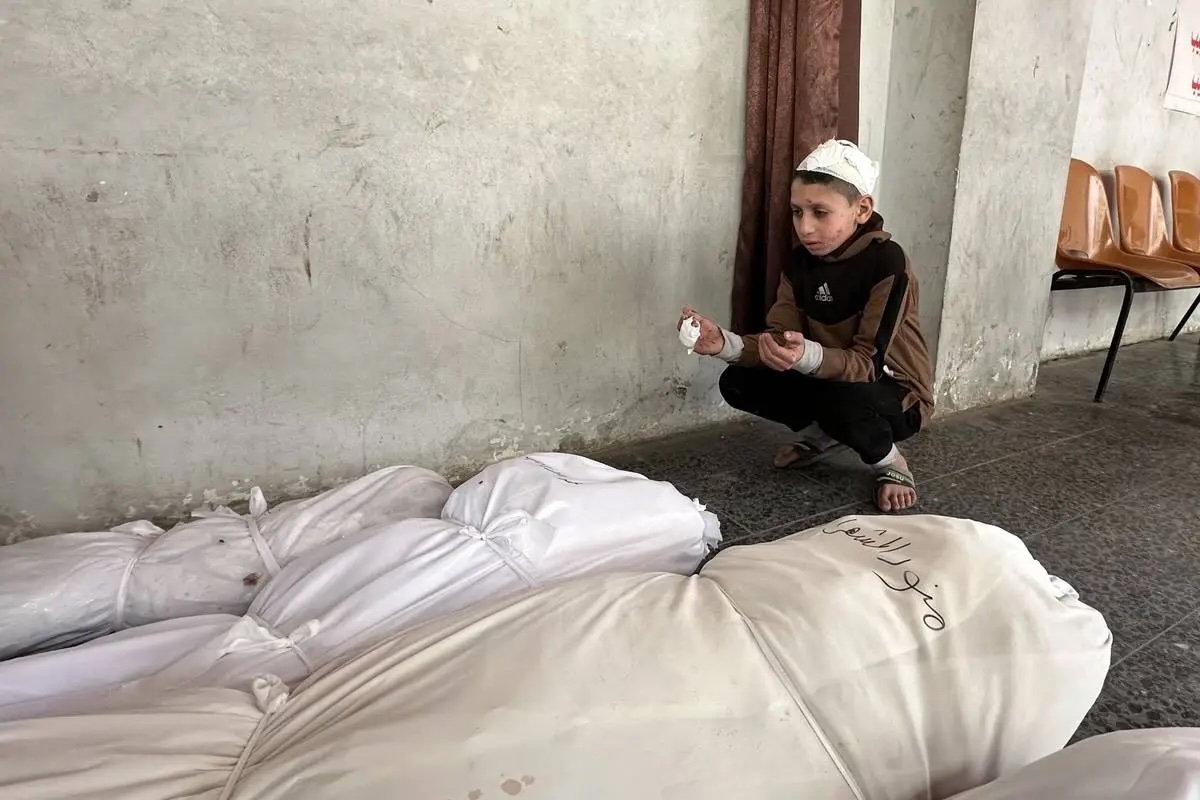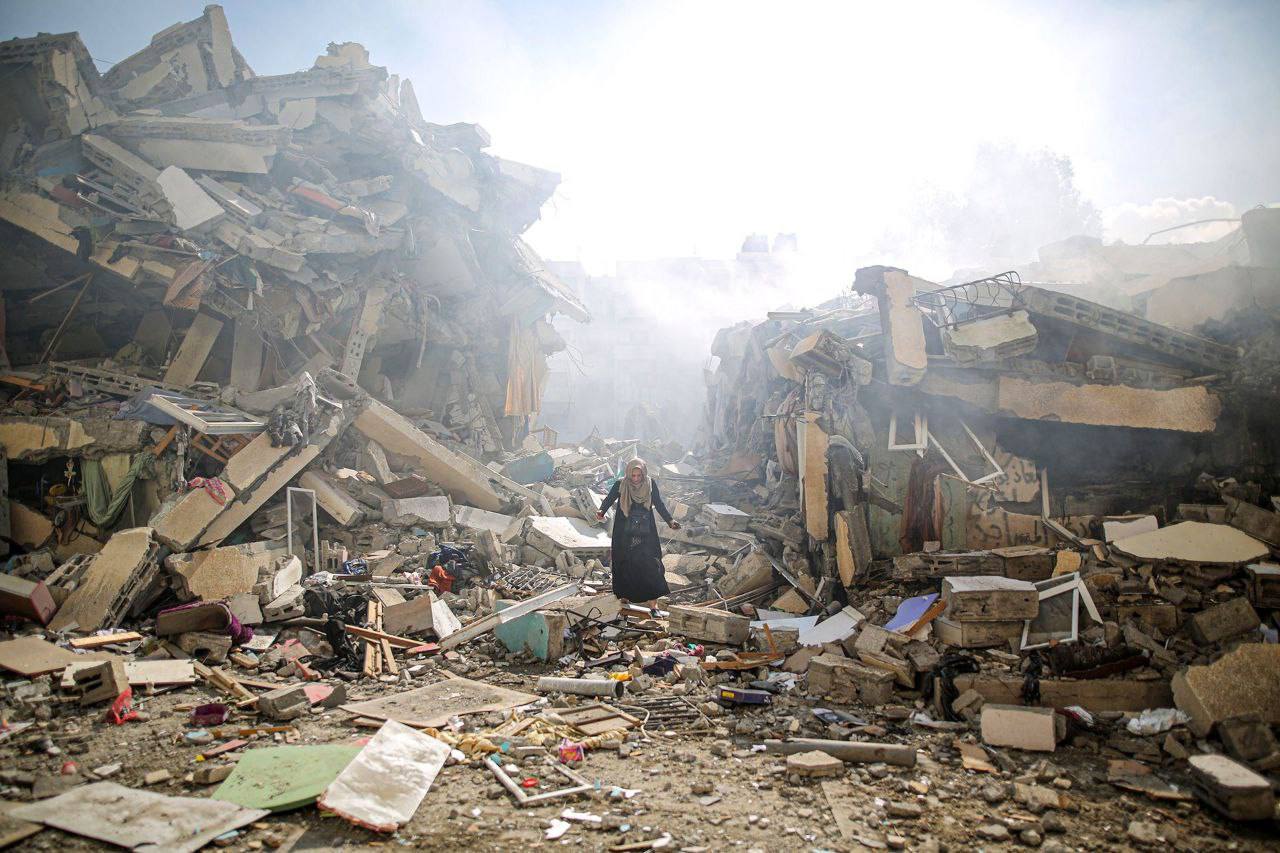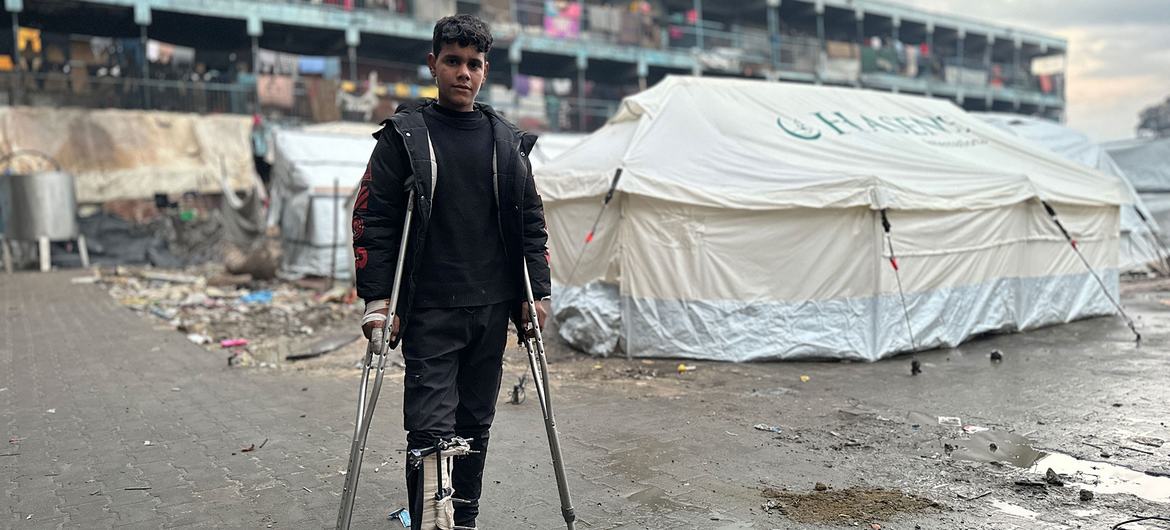Houthi Missiles, Trump and The Israeli depth
The Houthis are back firing at the heart of the Israeli depth. The military escalation is increasing despite US President Donald Trump’s warning that the Yemeni group, also called Ansar Allah, are set to be destroyed. But there is no proof of that as yet!
Ever since Israel restarted its military campaign on Gaza on 19 March, exactly two months after it ceased its military operations on the enclave, the Houthis reinitiated its trajectories, drones and hypersonic missiles on Israel. It adopted an eye-for-eye point of view — that is as long as Israel stops humanitarian aid to Gaza, Houthi missiles would continue on the Zionist state.
The latest Houthi ballistic missiles were fired Wednesday during the day, a first-time shocker for these trajectories are delivered in the middle of the night. It was reported by the Hebrew media that millions hurried to underground shelters where sirens went off in 250 cities, towns, and settlements to the chagrin of many Israelis whose lives were turned upside down in the war on Gaza.
Wednesday will be remembered as a hard day for many as the ballistic missiles, which according to the Israeli army were intercepted and shot down from the air by counter trajectories. Such a series of Israeli military actions sent an intense amount of debris hurling down across a wide area of central and southern Israel including in Jewish settlements in the occupied West Bank.

Analysts are saying it’s back to the old days of attempting to readdress the strategic equilibrium of Houthis and Hezbollah missiles targeting the Israeli depth. While Hezbollah is on the border with Lebanon, the Houthi missiles, and their success in reaching their targets, were fired all the way from Yemen, 2000 kilometers away into Israel.
This time, and like before during the course of 2024 where hundreds of trajectories were fired on the Zionist entity, the hypersonic missile was meant for the Ben-Gurion Airport, a busy hub for international travelers. Because of the timing of the trajectories it was reported that a significant number of the incoming planes had to be diverted and re-routed to Larnaca in Cyprus as a stopover and wait for the calm to set in.
Again this is a first-time development because the disruption usually lasted for no more than 30 minutes whilst this time around it paralyzed the airport and its aviation systems and meant to send a Houthi signal to the Israelis and their American allies especially, that this would be the status quo from now on unless the onslaught on Gaza is stopped and humanitarian aid allowed in the enclave.
Today, the incoming missiles on the different parts of Israel have been almost daily, at least for the last one week. This is seen as a signal that a new and forceful strategic approach is being adopted by the Houthis who are daring the Americans despite their daily military strikes on Yemen that Israel would continue to be a legitimate target.
The American navy through its USS Harry Truman destroyer in the Red Sea is striking Yemen with such force and vehemence whilst assuring the Israelis that they will do the job and end the Houthi presence.
But this is not having the military effect the Americans would like it to have for Yemen is a big country with its harsh setting and difficult geographical terrain that makes such strikes seem like ‘bee stings” rather than painful blows. On Tuesday, the US struck different locations in Yemen 17 times and before that the strikes were carried out with the same level of intensity.
But the Houthis are not being brought to their knees, a proving fact that has cost the preceding Biden administration an estimated $2 billion to attempt to rein in the Houthis but with no apparent success despite the level of destruction inside the country for Yemenis, across-the-board, and not just the Houthis, have proven to be a formidable force over the years.
It’s still too early to see for how long Trump will follow in the footsteps made by former US president Joe Biden. This is bearing in mind that the new man in the White House doesn’t like to spend US money and therefore will likely lose steam as the days pass bye and especially because the Houthis started to target the US destroyer and any other ships going to Israel with the group determined to continue to upset the international trading system unless their is a reprieve on Gaza.
The above-analysis is written by Dr Marwan Asmar, chief editor of the crossfirearabia.com website.

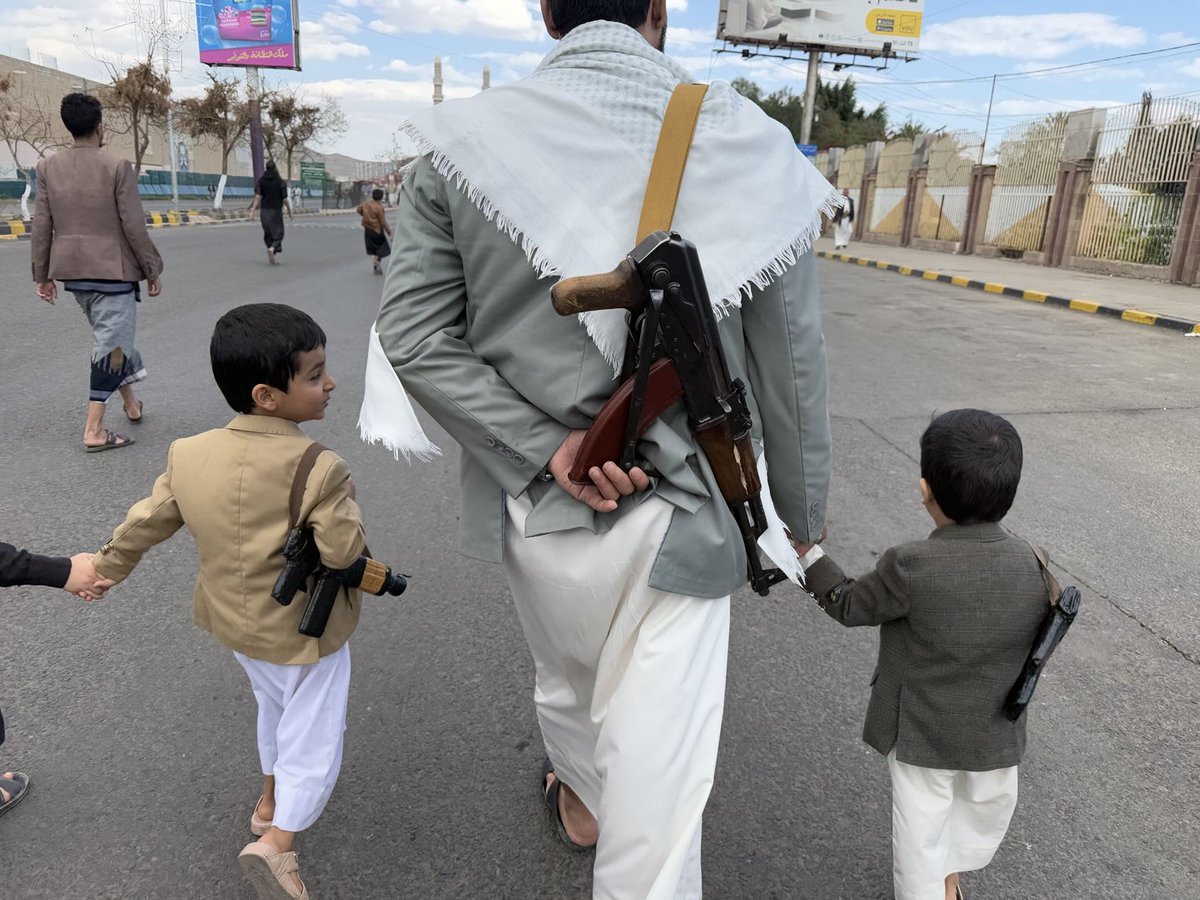
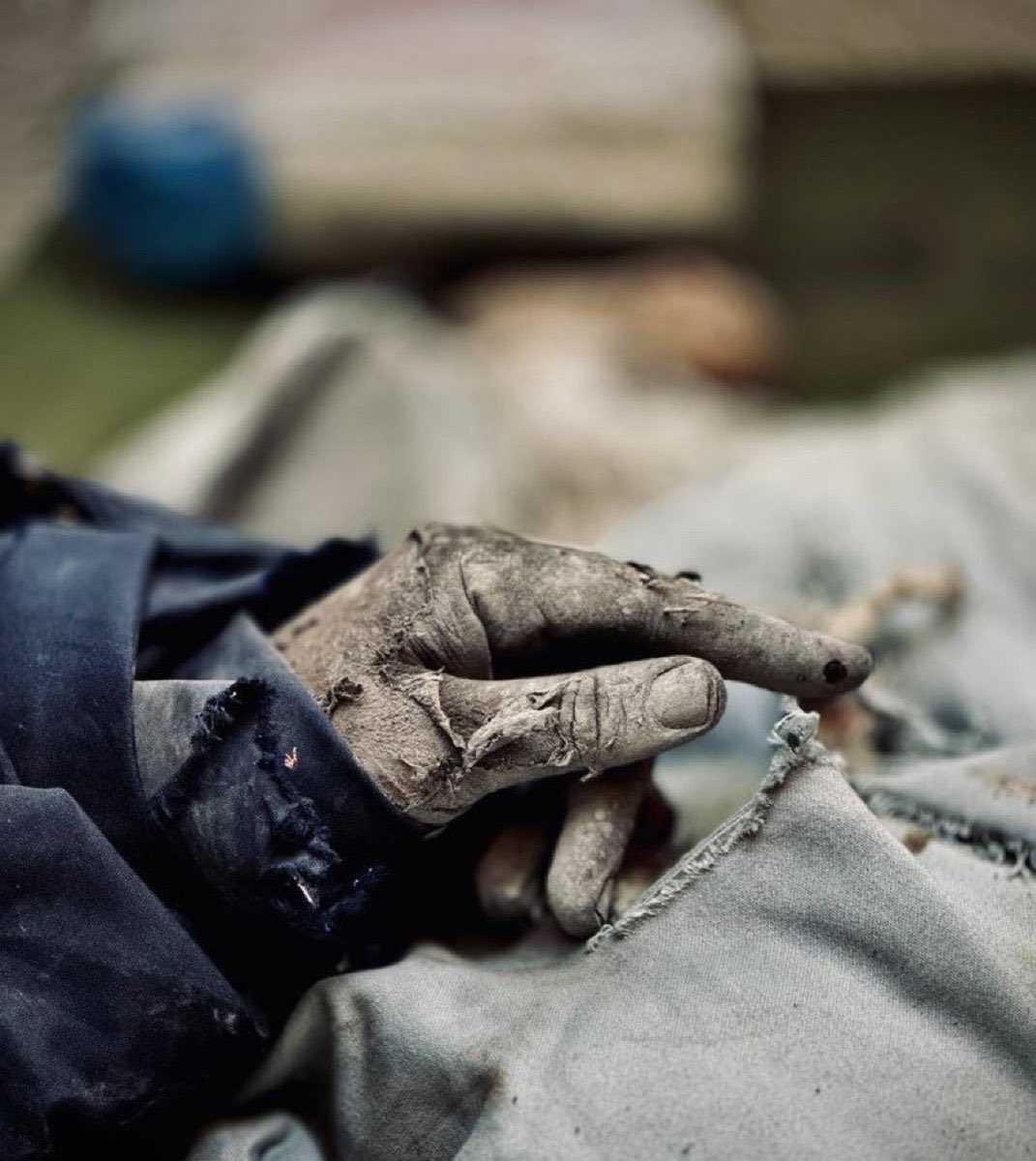
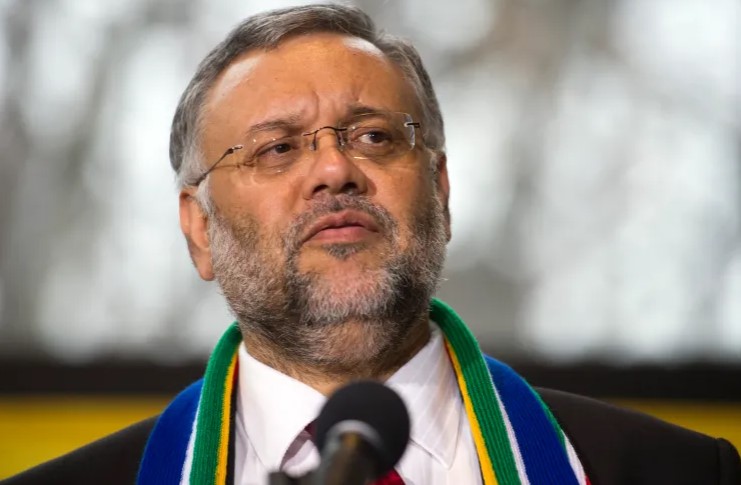
 ] "There is nothing that I will say that I will not say elsewhere and so I will stand by my analysis," explains expelled Ambassador Ebrahim Rasool. Tune in to
] "There is nothing that I will say that I will not say elsewhere and so I will stand by my analysis," explains expelled Ambassador Ebrahim Rasool. Tune in to 